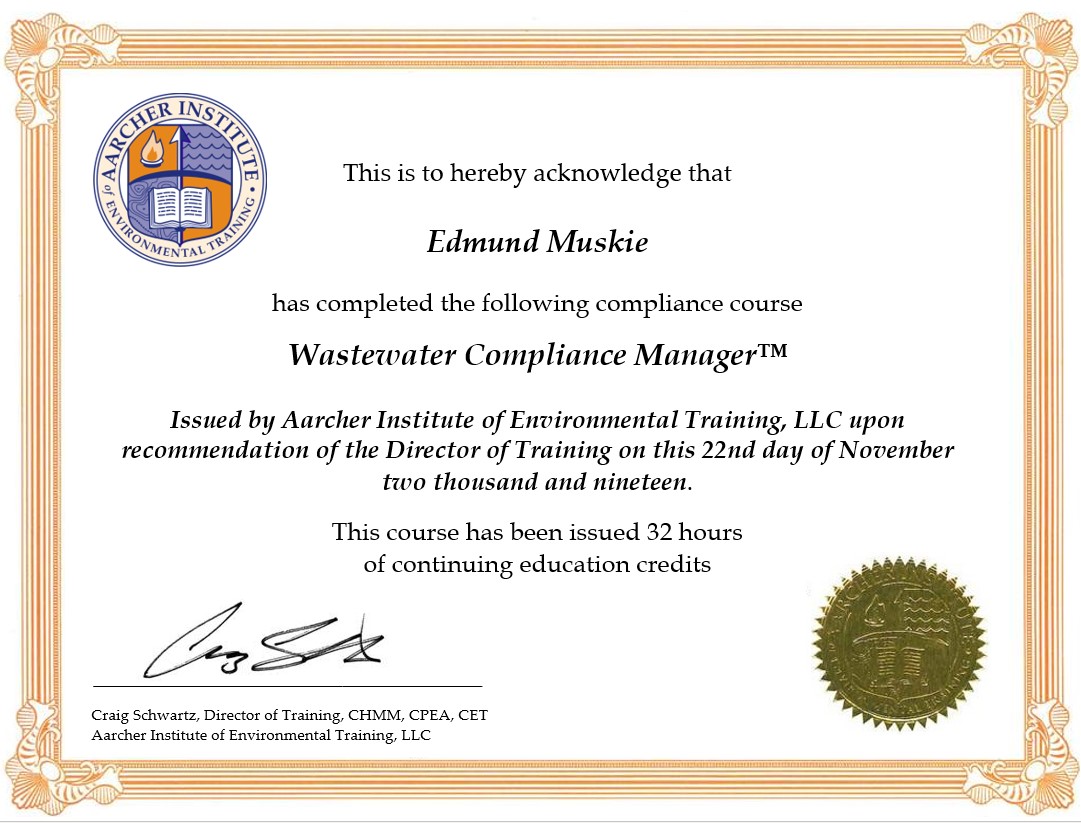Our two-day technical writing and communications training course is developed and presented by seasoned technical writers and editors. This course will help you write effective technical documents and communicate more clearly.
Develop stronger technical documents.
Technical writing and communication are critical to all aspects of environmental, health, and safety (EHS) work. You might need to communicate with a variety of different audiences, from other EHS specialist to professionals in related disciplines to laypersons. Many times, you will be communicating with all of these at once.
Ineffective technical communication can create many problems:
- Inaccurate information
- Unpersuasive materials
- Damaged credibility
- Misunderstood content
- Compliance failures
Technical Communications for EHS Professionals™ presents many elements that will help strengthen your technical writing:
- Writing process best practices
- Editing, revising, and proofreading
- Selecting communication type
- Document formatting
- Common grammar issues
- Writing exercises designed to help student practice and get immediate feedback
- Chicago Manual of Style guidelines and contract with the US Government Publishing Office (GPO) Style Manual and the American Psychological Association (APA) Publication Manual
Who should attend this course?
This course is valuable for all EHS professionals in private or public sectors, but especially if you are one of the following:
- An aspiring ESH professional or someone who wants to move up in your organization
- A new EHS professional or new to writing technical documents
- An experienced EHS professional who wants to produce more effective communications
- A new EHS manager or supervisor who wants to be able to better critique or advise your direct reports and consultants
Participants are expected to have access to and be generally familiar with Microsoft Word and PowerPoint during the class.
What does this course deliver?
Technical Communications for EHS Professionals™ provides participants with a solid foundation for serving as technical writer of EHS documents, editing and proofreading your own work and serving as part of an internal editorial review process. You will learn to write more targeted, effective technical documents in less time.
At completion of the course, you will receive a certificate for your records.
What is the course format?
Technical Communications for EHS Professionals™ includes presented material and periodic opportunities for open discussion over two focused days. To keep the course interesting and enjoyable, participants engage in ungraded exercises that practice and reinforce presented material and open new topics for discussion.
Course modules are presented in logical and connected sequences. Instructors and participants explore unique environmental management challenges and proven compliance strategies. All participants are encouraged to ask questions throughout the course.
Participants are expected to have access to and be generally familiar with Microsoft Word and PowerPoint during the class.
Students enter this course with a wide range of technical writing and communications training, experience, and capabilities. To eliminate any stress associated with sharing written materials, all class exercises are conducted in a manner that allows students to receive individual feedback, without the need to share their work products with the class.
In-person courses are held in pleasant and easily accessible locations, and training venues are selected to allow you to escape distractions and focus on the presented material in a professional setting. All locations offer wireless service and Internet access so you can stay connected.
